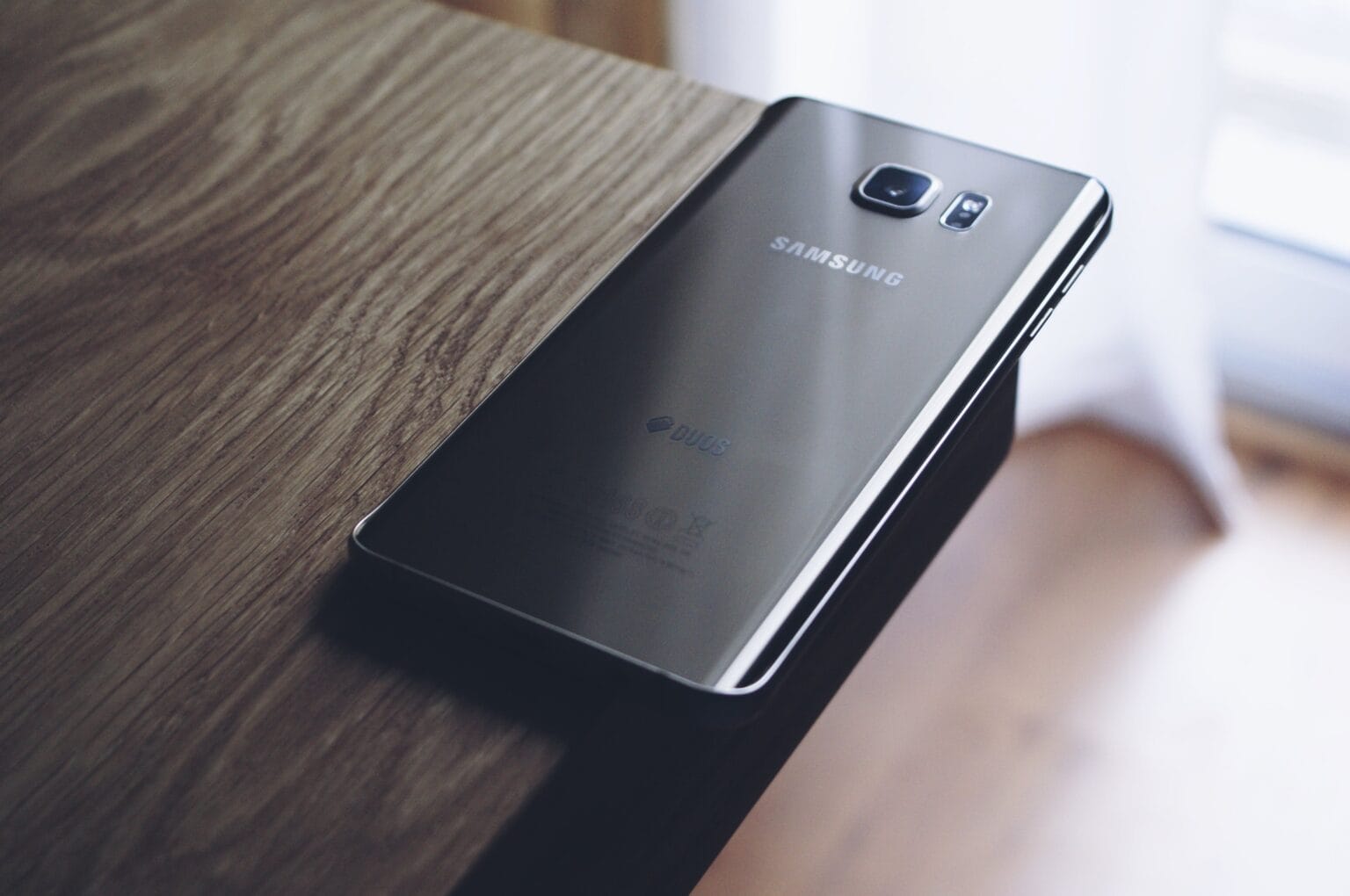Samsung’s much-anticipated Galaxy S24 lineup has debuted in China, revealing a strategic collaboration with Chinese tech giant Baidu to power the device’s artificial intelligence (AI) features. The move diverges from the approach in Western markets, where Google’s Gemini foundational models are employed for Galaxy AI functionalities.
According to CNBC reports, the focus of the Chinese launch was centred around Baidu’s Ernie, a chatbot introduced in August of the previous year. Notably, there should have been a mention of Google, and instead, Samsung emphasised Baidu’s Ernie in delivering advanced AI capabilities.
The AI features on the Chinese version of the Galaxy S24 include translation, summarization, and text formatting capabilities, mirroring those unveiled during the US-based launch. Real-time call translation, as recently showcased, is also incorporated into the Chinese models, along with a localised version of Google’s Circle to Search feature.
Samsung Electronics China and Baidu highlighted the improved features of the Samsung Note Assistant in a joint statement that appeared on CNBC and said, “Now featuring Ernie’s understanding and generation capabilities, the upgraded Samsung Note Assistant can translate content and also summarise lengthy content into clear, intelligently organised formats at the click of a button.”

The decision to partner with Baidu in China is attributed to Google’s limited presence. While Android devices are prevalent, they often lack Google apps and services, which are integral components of the operating system elsewhere. Reuters reports that Baidu had to secure approval from the Chinese government before launching Ernie, underscoring the stringent regulatory environment.
Samsung’s market position in China has significantly declined over the past decade. According to a recent IDC report, the company needed to secure a spot in the top five mobile shipment brands in 2023. In 2013, Samsung held the position of the largest smartphone manufacturer in China, with a market share of approximately 20 percent. However, by 2018, this share had dwindled to just 1 percent, which has remained consistent. According to Reuters, Samsung is pursuing partnerships with regional content companies to revive its business in China.
